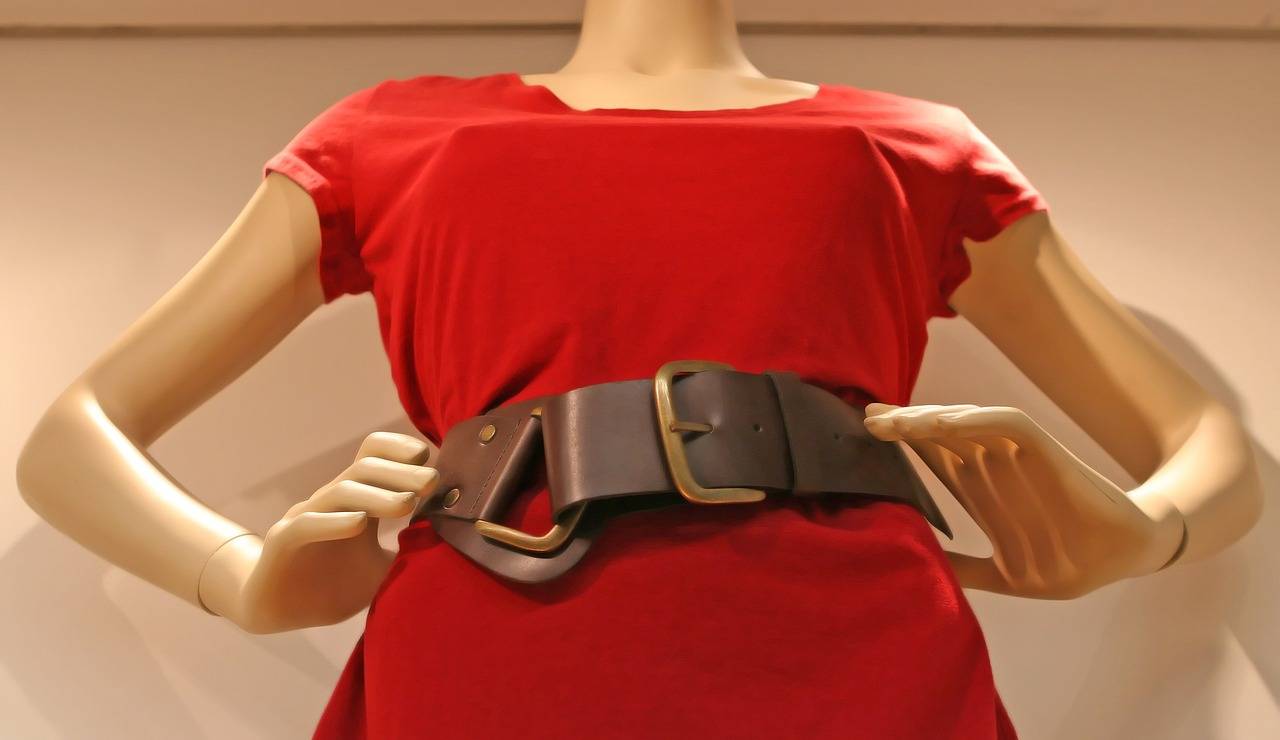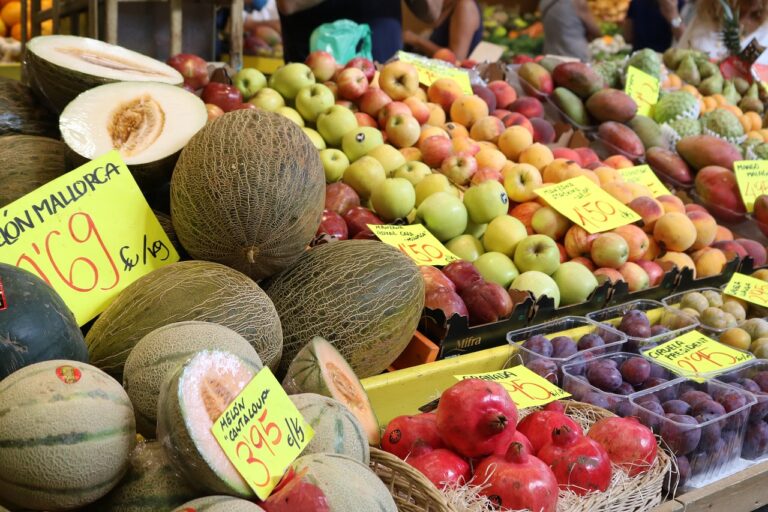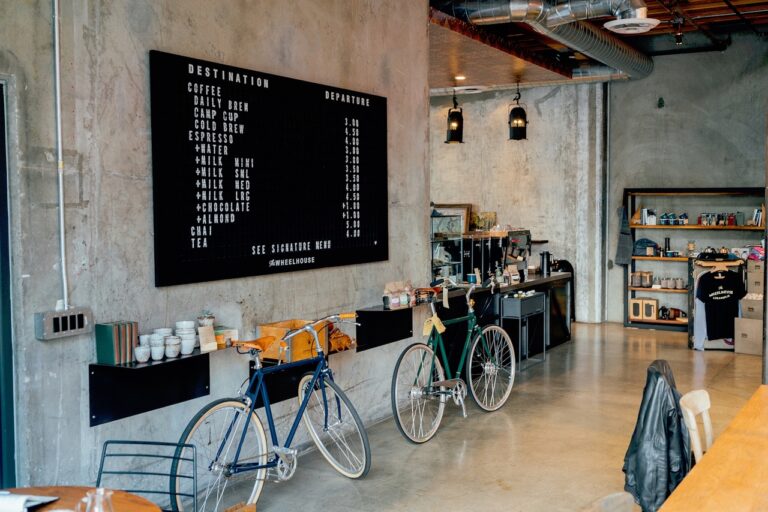The Impact of Virtual Influencers on Fashion Trends
Virtual influencers are becoming a prominent trend in the fashion industry, blurring the lines between reality and virtual reality. These AI-generated avatars are redefining the concept of brand representation and marketing strategies. With their flawless appearance and ability to adapt to any style or aesthetic, virtual influencers are captivating audiences worldwide.
The rise of virtual influencers is reshaping the way brands connect with consumers, offering a new channel to engage with younger, tech-savvy audiences. These digital personalities are not limited by physical constraints or human limitations, allowing brands to experiment with creative campaigns and push boundaries in the digital realm. As AI technology continues to advance, virtual influencers are expected to play a more significant role in shaping the future of fashion marketing and brand storytelling.
The Evolution of Fashion Marketing with Virtual Influencers
Fashion marketing has seen a significant shift in recent years with the emergence of virtual influencers. These computer-generated personas have successfully infiltrated the fashion industry, collaborating with top brands and even gracing the covers of prestigious magazines. Their online presence has enabled them to connect with a wide audience, blurring the lines between human influencers and their digital counterparts.
Virtual influencers offer brands a new avenue to reach consumers in a more engaging and novel way. With their flawless appearance and ability to be styled in various outfits, they provide an opportunity for brands to showcase their latest collections in a unique light. Moreover, virtual influencers offer a level of flexibility and control that may not always be possible with human influencers, allowing brands to tailor their marketing strategies more precisely to their desired target audience.
What are virtual influencers?
Virtual influencers are computer-generated personalities or avatars designed to represent brands and engage with followers on social media.
How are virtual influencers changing the fashion marketing industry?
Virtual influencers are revolutionizing the fashion marketing industry by providing a new, innovative way for brands to reach and connect with their target audience.
How do virtual influencers differ from human influencers?
Virtual influencers are not real people; they are computer-generated characters created using AI technology. Human influencers, on the other hand, are real individuals who promote products and brands on social media.
Are virtual influencers becoming more popular in the fashion industry?
Yes, virtual influencers are gaining popularity in the fashion industry as brands recognize the potential for reaching a wider audience and creating unique, engaging marketing campaigns.
What are some benefits of using virtual influencers in fashion marketing?
Some benefits of using virtual influencers in fashion marketing include increased brand visibility, the ability to create tailored content, and the opportunity to stand out in a crowded market.
Are virtual influencers replacing human influencers?
While virtual influencers are becoming more prominent in the fashion industry, they are not necessarily replacing human influencers. Instead, they are offering a new, complementary approach to marketing and brand promotion.





